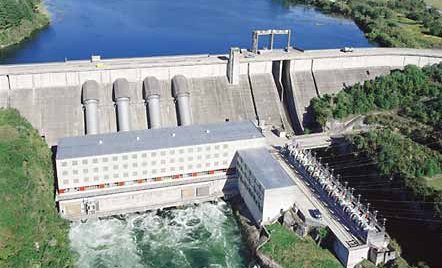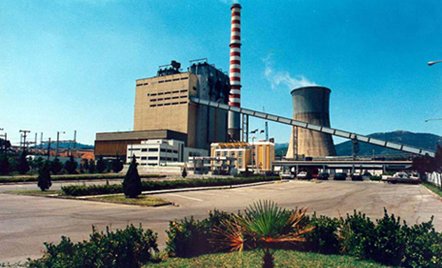 |
|
|
 |
 |
| Department of Energy Technology Engineering |
 |
 |
 |
|
 |
| Energy Managment |
| Course Code: |
7101C |
| Course Type: |
Theory |
| Course Category: |
Core Module |
| Hours per Week: |
3 |
| Credit Units: |
4 |
| Semester: |
G |
Aims and Scope
The student
will acquire knowledge, to assess the overall and individual
energy consumption in any energy system (simple or complicated, with one
or more energy sources) and to be able to interpret any over-consumption
within it, to evaluate and propose measures to save
energy and reduce the energy costs, to specify system for continuous monitoring of
energy consumption, for setting targets and immediately identify and address
overconsumption, ensuring high efficiency in the studied energy system both in
nominal operating conditions and, especially, in real conditions over time.
Course Description
The energy
issue - Energy Policy - History and forecasts - Importance of Energy
Management. Energy consumption in various sectors. Specific
energy consumption - Estimation, adjustment and correction of energy indexes.
Analysis of a multi-energy system, partition in individual energy accountable centers.
Processing energy data to identify base load, variable loads and their
correlations with parameters of the energy system. Approaches
to energy tracing, monitoring and targeting energy consumption. The energy
audits. Description, methods, targets. Problems and Conditions for a reliable
metering program to implement energy inspection and audit. Energy
management in buildings. Analysis of consumption. The method of heating
degree-days for approximate energy calculations. Building energy management
systems. Energy
management in industry. Strategies for energy saving and environmental
protection. Modern methods and energy-saving technologies, and early techno-economic
evaluation. Exergetic efficiency and exergy analyses. Pinch technology and
application examples. Relevant legislation (for energy audits, energy
officer, etc.).
Expected Course Outcome
Upon
successful completion of this course the student will be able to:
- Conceiving program monitoring
energy consumption and proper analysis, for energy purposes and early
diagnosis of any problems
- Propose energy saving measures
and evaluate then from the technical and economic points of view.
- To perform energy audits (in buildings,
industry).
Bibliography
Greek:
- Κουμούτσος Ν. & Δ. Μαρίνος-Κουρής. Χρήση - Εξοικονόμηση Ενέργειας, Φοίβος, 1986.
- Περδίος Στ., Ενεργειακή επιθεώρηση κτιρίων και βιομηχανιών, ΤΕΚΔΟΤΙΚΗ, 2006.
- Μαρίνος-Κουρής ". Αρχές Εξοικονομήσεως Ενέργειας σε Βασικές "ιεργασίες Χημικής Μηχανικής, Ε.Μ.Πολυτεχνείο, 1979.
- Περδίος Στ., Επεμβάσεις εξοικονόμησης ενέργειας σε κτίρια, αθλητικά κέντρα, βιομηχανίες, μεταφορές (Τόμοι Α & Β), ΤΕΚΔΟΤΙΚΗ, 2007.
English:
- Capehart B.L., Turner W.C., Kennedy W.J., Guide to Energy Management, 5th ed. CRC Rress, 2006.
- O/Callaghan P. Energy Management McGraw-Hill, 1993.
- Eastop T D & D R Croft Energy Efficiency for Engineers and Technologists, Longman, 1990.
- Thumann A., Mehta P., Handbook of Energy Engineering, The Fairmont Press Inc., 1994.
- Theofylactos C., Energy Efficiency in Industry, E.C. DG XVII for Energy, 1995.
- DG-XVII Community Energy Technology Projects in the sector of Energy Saving in Industry, Commission of the European Communities, 1991.
- Dryden I. (editor) The Efficient Use of Energy, Butterworth Scientific, 2nd edition, 1982.
- E.C.E. (Economic Commission for Europe) East-West Energy Efficiency, United Nations, 1992.
- Kleinpeter M., Energy Planning and Policy, John Wiley & Sons, 1996.
- Thumann A., Handbook for Energy Audits, 5th ed, Prentice Hall, 1998.
|
| Created Date : 23/05/2013 |
|
|
|
| |
|
|
|
|
|
|
 |